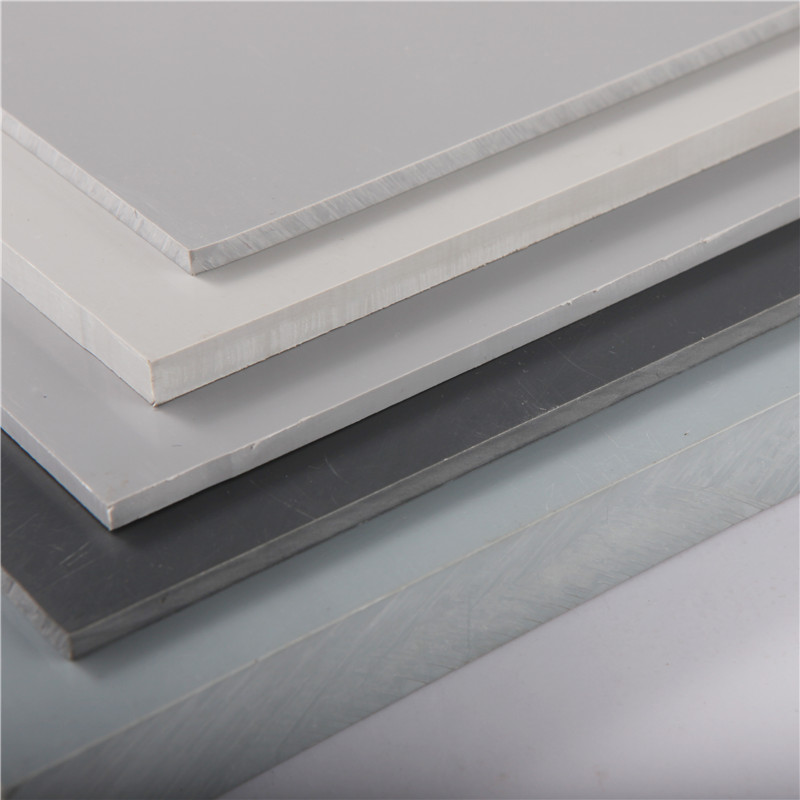Nov . 16, 2024 13:30 Back to list
pvc conduit pipe
Understanding PVC Conduit Pipe A Comprehensive Overview
Polyvinyl chloride (PVC) conduit pipes have become a popular choice in the construction and electrical industries due to their unique properties and numerous benefits. These pipes serve as protective pathways for electrical wiring, safeguarding against environmental factors and mechanical damage. This article explores the characteristics, applications, advantages, and installation practices of PVC conduit pipes.
What is PVC?
Polyvinyl chloride, commonly known as PVC, is a synthetic plastic polymer. It is one of the most widely produced synthetic materials in the world, primarily used in construction and electrical applications. PVC can be found in various forms, including rigid and flexible, with rigid PVC being the material of choice for conduit pipes. Its durability, resistance to corrosion, and lightweight nature make it an excellent candidate for electrical installations.
Characteristics of PVC Conduit Pipes
PVC conduit pipes come with several characteristics that enhance their usability. They are
1. Corrosion Resistance Unlike metal conduits that can corrode over time, PVC does not rust or degrade when exposed to moisture, making it ideal for both indoor and outdoor applications.
2. Lightweight The lightweight nature of PVC makes it easier to transport and handle during installation, reducing labor costs.
3. Non-Conductive PVC is a non-conductive material, which prevents electrical currents from passing through the pipe and adds an extra layer of safety in electrical applications.
4. Flexibility Although PVC is rigid, it can be manufactured in flexible varieties, allowing it to adapt to various installation scenarios.
5. Cost-Effective PVC conduit pipes are generally less expensive than their metal counterparts, making them an economical choice for contractors and builders.
Applications of PVC Conduit Pipes
PVC conduit pipes are utilized in various scenarios, with applications including
1. Electrical Wiring The primary use of PVC conduit is to house electrical wires. It protects them from physical damage and moisture, ensuring a safe and reliable electrical system.
2. Telecommunication Lines PVC conduits are also widely used for telecommunication wiring, safeguarding cables from environmental hazards.
3. Underground Installations Given their resistance to corrosion, PVC conduit pipes are often employed for underground installations, ensuring that wiring remains protected from soil and water.
pvc conduit pipe

4. Industrial Applications In industrial settings, PVC conduits serve to protect wiring in factories and warehouses, providing a reliable solution for heavy-duty applications.
Advantages of PVC Conduit Pipes
Using PVC conduit pipes presents several advantages
1. Long Lifespan The durability of PVC conduits provides a long service life, reducing the need for frequent replacements.
2. Environmental Resistance PVC is resistant to various chemicals and environmental conditions, making it suitable for diverse applications.
3. Easy Installation The lightweight nature and ease of cutting of PVC conduit pipes simplify the installation process, leading to quicker project completion.
4. Fire Resistance Although PVC can burn, the material has a high ignition temperature and is generally less flammable than many other materials.
5. Recyclable PVC can be recycled, contributing to sustainable construction practices.
Installation Practices
Installing PVC conduit pipes requires following specific guidelines to ensure safety and compliance with electrical codes
1. Use Appropriate Fittings When installing PVC conduits, use specifically designed fittings and connectors to maintain integrity and functionality.
2. Proper Support Conduit pipes should be supported adequately at intervals specified by local codes to prevent sagging and damage.
3. Cutting and Joining Use proper tools to cut and join pipes. Ensure that joints are adequately sealed to prevent moisture ingress.
4. Compliance with Codes Always adhere to local building codes and regulations to ensure safety and compliance in electrical installations.
Conclusion
PVC conduit pipes are a versatile and essential component in modern electrical and construction applications. Their unique properties offer significant benefits in terms of safety, durability, and cost-effectiveness. Whether for residential, commercial, or industrial use, understanding the characteristics and proper installation techniques will ensure the longevity and reliability of electrical systems. As technology continues to advance, the role of PVC conduits in facilitating safe and efficient electrical installations will only grow more significant.
-
Durable PP Rigid Sheet: Lightweight, Chemical Resistant Solutions
NewsAug.21,2025
-
PVC Grey Sheet for Extraction: Chemical Resistant & Durable
NewsAug.19,2025
-
Durable PVC Pipe Fittings for Plumbing & Irrigation Needs
NewsAug.18,2025
-
HDPE Steel Belt Reinforced Spiral Corrugated Pipe | High Strength
NewsAug.17,2025
-
HDPE Pipe Fittings: Durable, Leak-Proof Solutions
NewsAug.16,2025
-
Premium CPVC Sheet: High-Temp & Chemical Resistant Solutions
NewsAug.15,2025

